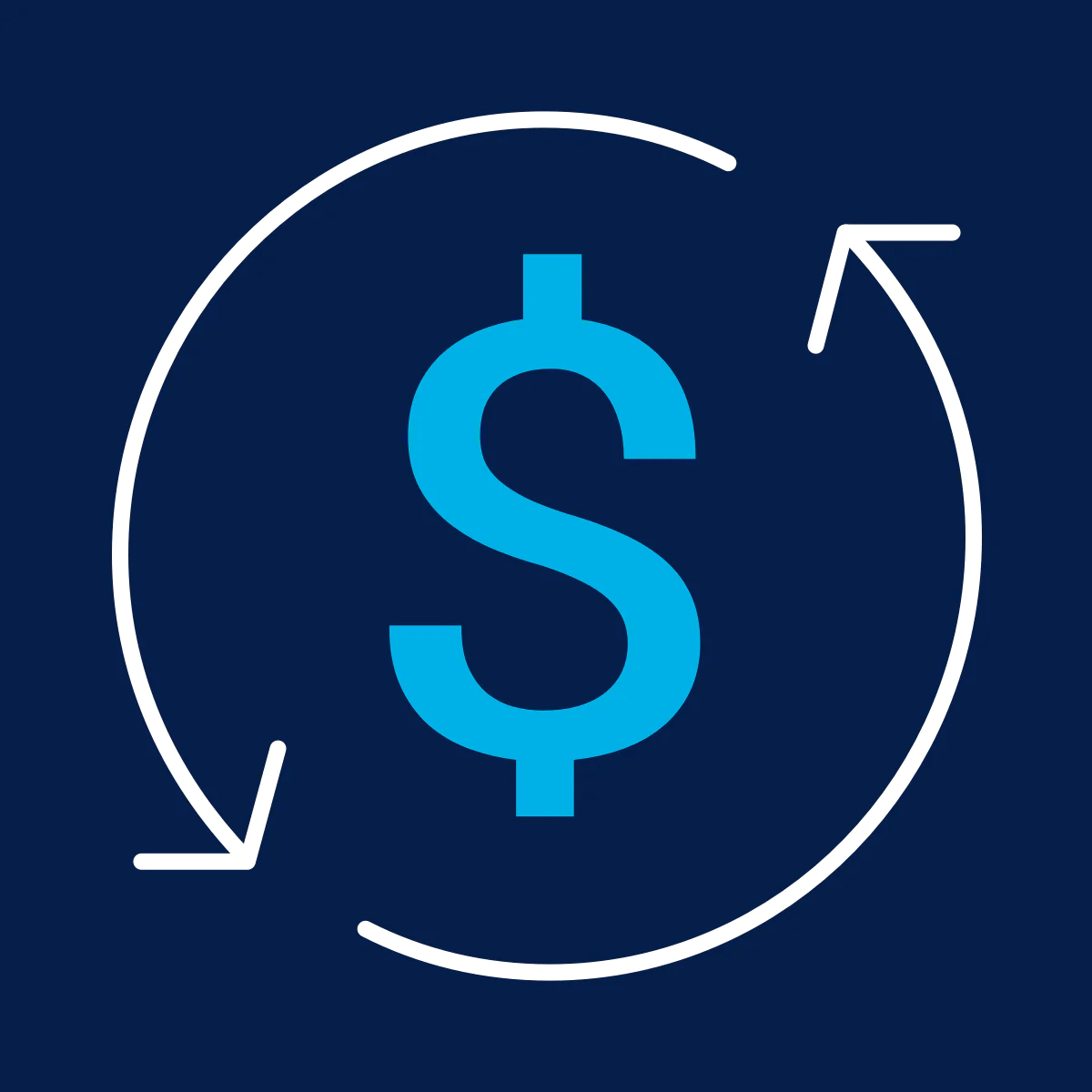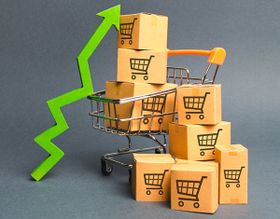Shopify Product Tags: How They Affect Your Online Store's SEO
Published June 25, 2024.

Organizing and navigating your Shopify store's products can often become a tiresome process, especially if you have many. Store owners have traditionally used product handles to sort their items, but handles have many limitations. Thankfully, Shopify inventory management is made much easier by product tags.
Product tags are small snippets of text linked to a product to describe certain qualities or add important details.
For example, you might tag the latest red t-shirt in your men's summer range with the tags "new," "t-shirt," "red," "men," and "summer."
Once products have been tagged, it's simple to sort products by their tags and complete bulk actions with a few clicks instead of having to navigate to each product individually. With some Shopify apps, like Bestsellers reSort, you can sort tags and organize product collections much better.
» Read this Bestsellers reSort review to learn more about the app
How Do Shopify Product Tags Affect SEO?
Adding tags to products, blogs, and even website pages used to be a very effective way to add keywords to boost SEO. Tags serve as descriptive keywords that help customers seeking specific attributes find your product.
If tags form part of product handles in the store's URL structure, they can help search engine crawlers navigate your website. This gives your store another small SEO boost and makes it easy for humans to find their way around. A good URL structure is considered the best practice when it comes to organizing products in your Shopify store, so it's best to do this even if you don't want to use tags for other reasons.
SEO Issues Caused by Product Tags and How to Fix Them
Product tags aren't all that fine and dandy, though. They may provide a small SEO benefit, but you should also be aware of some issues they may cause.
- Keyword Stuffing Store owners may be tempted to add as many tags as possible. This appears to make sense, as more product tags with keywords should mean better SEO, right? Unfortunately, search engines are very sensitive to keyword stuffing and will penalize websites they think are overusing keywords to gain an SEO advantage. To avoid any penalties, it's best to use just the most prominent and necessary tags.
- Duplicate Pages When tags form part of the website's URL structure, pages may be created under each category tagged. This creates multiple new pages for one product, overcrowding the website and hurting SEO scores as the pages compete. To solve this issue, you can designate one canonical page that should be indexed by adding rel="canonical" to your theme's code. Most themes should already support this function, but it's good to check.
It's possible to hide tags completely from any product page, allowing you to add as many tags as you like without any negative SEO repercussions, although without the slight benefit that well-optimized tags may provide. Be sure to read up on how to delete tags in Shopify before you remove any.
Use These Strategies to Improve Your Store's SEO Instead
Instead of using product tags, here are some other strategies to boost your store's SEO:
- Automated Inventory Management Automating tedious work like inventory management will free you up to perform other SEO tasks. Not only does automated inventory management keep stock levels up to date, but it also measures trends in stock levels, forecasts demand, and prioritizes the best-performing products in SEO.
- SEO Apps SEO is often difficult for non-technical store owners. This is where SEO apps can help. They optimize the technical side of your store for you and help you through content, metrics, and analysis tools.
- Start a Blog Search engines love content, but it's often difficult for stores to add more than a short product description to their website pages. Blogs are one of the best ways to boost SEO with their keyword-rich and organic content while also providing customers with useful information.
Final Verdict
Product tags can be both a blessing and a curse, depending on how you use them. While it's considered best practice to implement them, especially when you want to perform bulk actions, tags should be managed well to avoid any penalties or SEO issues. Otherwise, they may do more harm than good.


